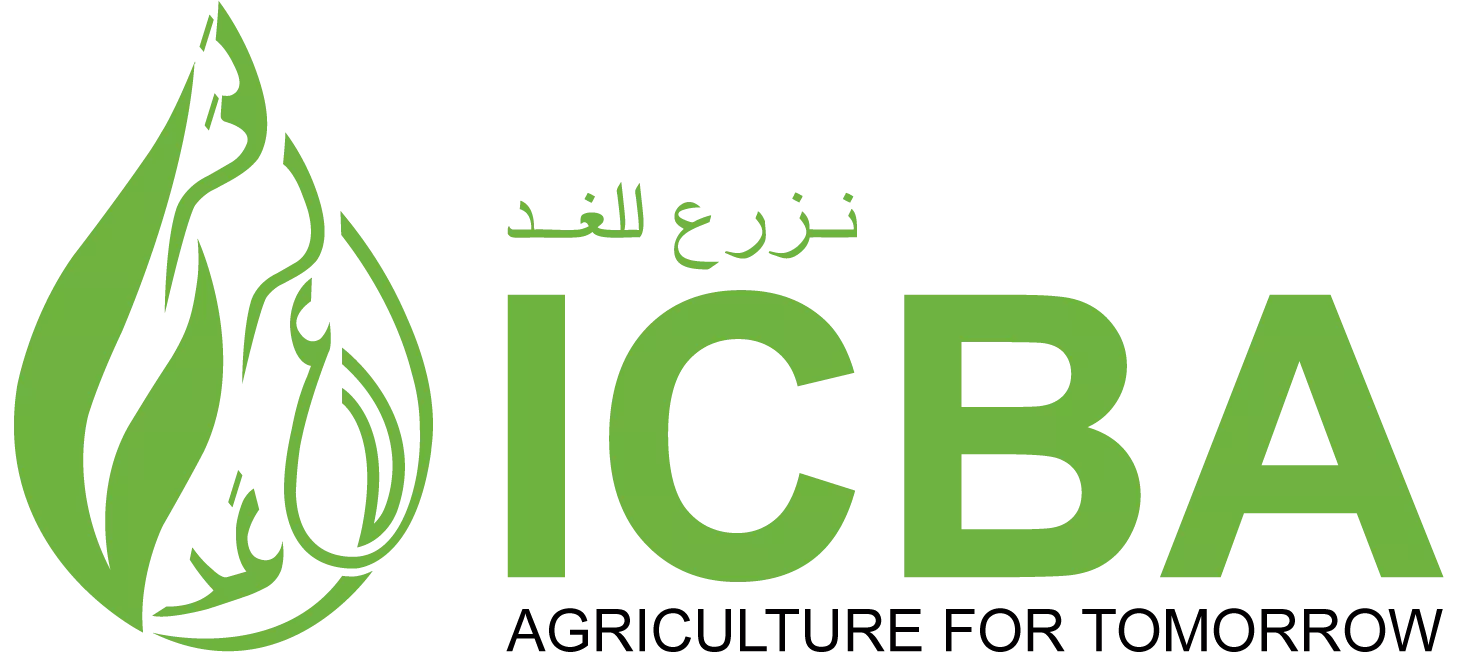International institutions collaborate to enhance water and food security in Yemen
Two days of productive discussions took place at the ICBA campus in Dubai from 7-8th May during which international and regional experts explored different insights, technologies and possibilities for establishing a Famine Early Warning Systems for Yemen and three regions within Africa. The themed sessions covered various areas of modeling and data analysis that would support this important effort.
Participants included those from USAID’s Famine Early Warning Systems Network (FEWS-Net) (Mr. Gary Eilerts), NASA’s Goddard Space Flight Center (Drs Christa Peters-Ligard and Amy McNally), the United States Geological Survey (Dr Jim Verdin), University California Santa Barbara (Drs Andy and Colin ), Yemen’s Water Environment Center (WEC; Prof Abdulla Babaqi), Dr. Lakhdar Boukerrou from USAID’s West Africa Water Sanitation and Hygiene Program (WA-WASH) as well as from ICBA’s MAWRED project team (Dr. Rachael McDonnell, Dr. Adla Khalaf, Rashyd Zaaboul, Karim Bergaoui).
Yemen is facing extreme challenges in developing its food and water security particularly under increased climate variability. Yet there are little data to guide decision-makers of current conditions and the near-time threats of famine that bring such misery to the most vulnerable in the country.
Dr. Rachael McDonnell, MAWRED Project Leader was pleased with the outcomes of the sessions “we welcome continuing to work with USAID and NASA in developing famine early warning systems for the region and Yemen in particular” she noted. “We know that water and food security are big challenges in Yemen and knowing when there is going to be a dry spell or when people are going to be vulnerable to food supplies is key to having a proactive rather than a reactive approach.”
“This week we’ve been looking at the technologies that we have, the information that is available, and the new data that is needed to support decision makers and politicians in their work as they try managing the ever-changing climate situations”, Dr. McDonnell added.
Given the importance of water to food production, Mr. Eilerts,from FEWS-NET highlighted the new opportunities for use advances in satellite data and modeling methods to try to measure water availability in places like Yemen and across the African Sahel. At the planned follow-up meeting in October 2014, Mr. Eilerts suggested that by then the water modeling being developed under the program will begin to support measures on a much smaller timescale (days, weeks, months) than available now.
Dr. Christa Peters-Lidard, a lead scientist at NASA/GSFC’s Hydrological Laboratory highlighted the possibilities of measuring and modeling of water using observations from space. “We have satellites that measure quantities like soil moisture, precipitation, and even satellites that can help understand groundwater resources. For this project our goal is to bring the models that we have and the remote sensing that we have together to help understand the current state of water resources and to help manage the water resources with better knowledge”, said Christa who concluded that the meetings they had were very productive. “We have learned a lot about the capabilities here at ICBA, especially the observational work here that could help us understand the unique local conditions in areas like Yemen and Africa as well.”
Prof Abdulla Babaqi from Yemen shared important insights from the country and congratulated the organizers on a very successful meeting that outlined important steps in helping Yemen’s cope with water and food insecurity. “This meeting was very successful; where, several scientists from the United States, ICBA, and the United Arab Emirates attended this meeting and they were focusing on discussing how they can help Yemen to overcome these difficulties.”
Dr. Lakhdar Boukerrou, bringing his experience from West Africa, stressed the importance of identifying the means for generating the required information as well as on how it is going to be used. From a practical aspect, important questions that need to be addressed include how are we going to use this information; what are we going to do with it; and who are the stakeholders? “Once we get to that point it becomes critical to be able to put this information that is going to be generated by the modeling teams in the hands of decision makers; in the hands of farmers and others who are going to be the main users of such information,” commented Dr. Boukerrou.
